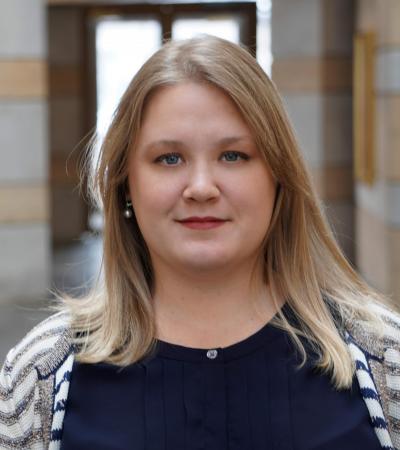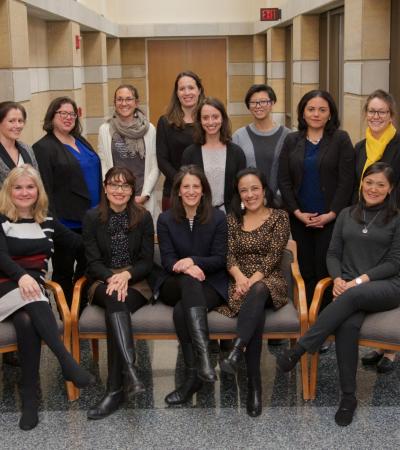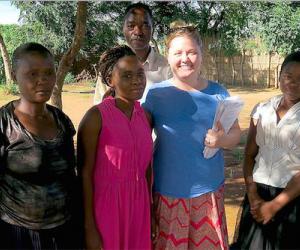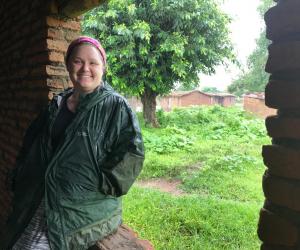Emily Maiden is a PhD Candidate in Political Science and Peace Studies at the Kroc Institute for International Peace Studies. In the discipline of political science, her primary field is Comparative Politics, with a focus on African politics, gender and politics, and politics of development. Her second field is International Relations. As a scholar of peace studies, she focuses on understanding structural violence and cycles of conflict, particularly as it affects politically marginalized groups like women and children. Her work has been published in such journals as World Development, Journal of International Peacekeeping, and Regional Environmental Change.
Her dissertation uses over twelve months of fieldwork in Malawi—including 121 chief interviews, 50 additional interviews, and focus groups with over 200 people—to examine the ways in which chiefs can be mobilized as policy change agents to combat cultural issues like child marriage. She finds that chiefs use their traditional forms of power to promote democratic principles and human rights in ways that the democratically elected government is unable or unwilling to do. Her research has received financial support from Fulbright, USAID, the Kroc Institute, Kellogg Institute, and the Institute for Scholarship in the Liberal Arts (ISLA).
In addition to an MA in Political Science (2016) from Notre Dame, Emily holds an MA in Political Science (2014) and a BA in Political Science and Philosophy (2011) from the University of Louisville, as well as a Diploma in Asian Studies (2010) from Kansai Gaidai University in Osaka, Japan.
Gender and politics, human and political development, public policy, national and international human rights law, politics of aid
Funded by Fulbright and USAID, my dissertation integrates twelve months of fieldwork in Malawi. I examine the role of chiefs as cultural change agents. Using the case study of child marriage, I find that chiefs are using their power as change agents to shift norms and promote women’s rights, while at the same time promoting economic and social development. This research expands our understanding of the ways in which traditional authorities across Africa leverage their power, particularly when policies blur the line between politics and culture.
- 2017 - USAID/Notre Dame Global Development Fellowship










